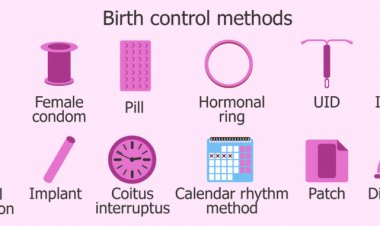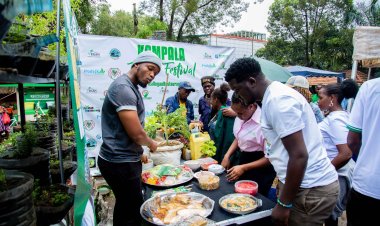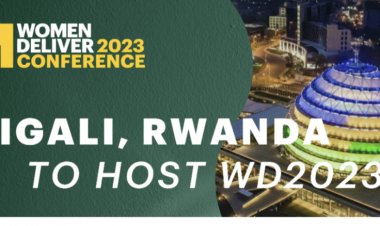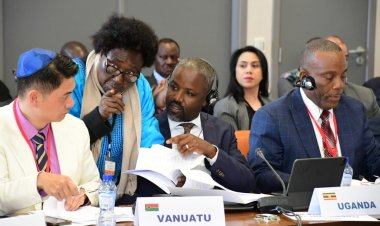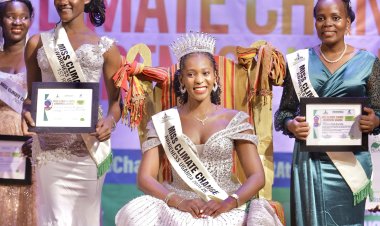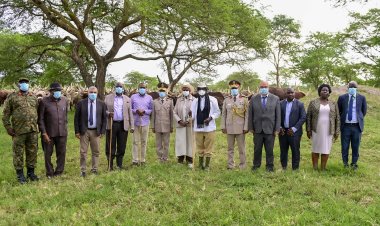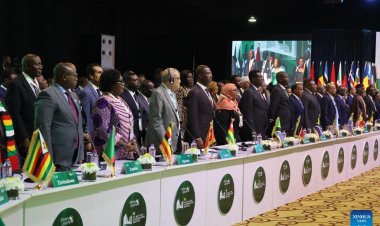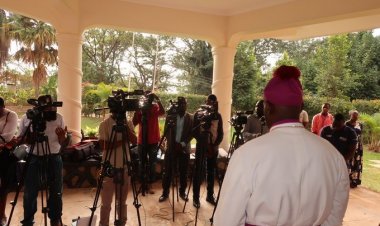Silent Struggles: Young Ugandans Face Growing Challenges in Accessing SRHR Services
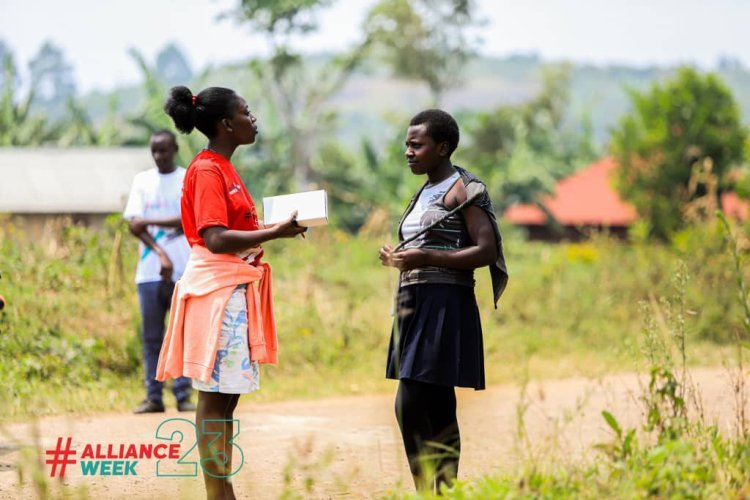
By: David Joseph Kasule
In Uganda, a significant number of young people continue to grapple with limited access to Sexual and Reproductive Health and Rights (SRHR) services, despite ongoing national efforts to improve adolescent health outcomes.
For many youth—especially those in rural areas—the road to SRHR information and services is paved with stigma, misinformation, and structural barriers.

According to recent reports, teenage pregnancy rates remain high, with one in four girls aged 15-19 either pregnant or already a mother. Yet, access to contraceptives, comprehensive sexuality education, and youth-friendly health services remains inadequate. Cultural taboos and conservative beliefs further limit open dialogue around sexuality, leaving many young people uninformed about their bodies, rights, and health options.
“Most of the time, we fear going to the clinic because the health workers judge us,” says 17-year-old Brenda from Mpigi District. “We don’t have anywhere safe to ask questions.”

In schools, sexuality education is often shallow or absent altogether. Meanwhile, boys and young men face their own challenges—struggling with toxic masculinity, limited access to SRHR education, and a lack of safe spaces to learn and express themselves.

To address these issues, youth advocates are calling for comprehensive, rights-based approaches that prioritize inclusive education, youth-friendly health centers, and policy reforms that empower young people to make informed decisions about their sexual and reproductive health.

 POATV Reporter
POATV Reporter 







